How to Write a Cover Letter for a Job Application
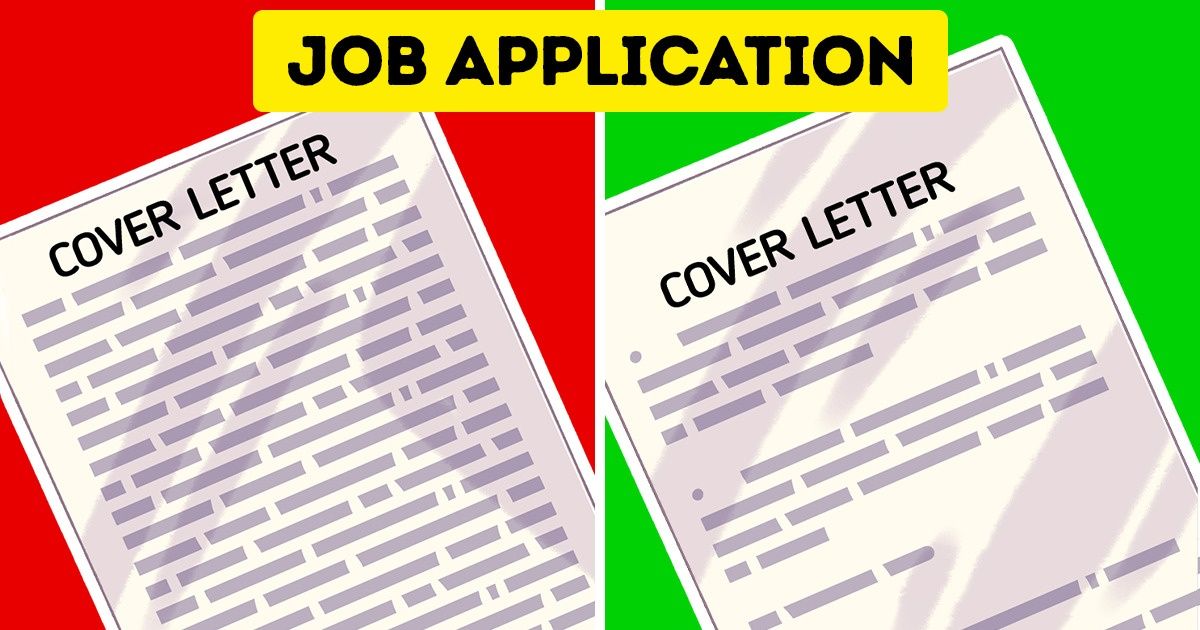
Everyone, sooner or later, goes out to look for a job, either because they have just finished their studies or because they simply want to change companies to continue growing as a professional. It is clear that motivation or experience are important aspects, but at the same time, you have to be convincing in order to be hired. One of the most efficient methods you can use to accomplish this is to write a cover letter to accompany your CV.
5-Minute Crafts wants to tell you about the basic details to keep in mind when writing a compelling cover letter.
Things you can’t forget to mention
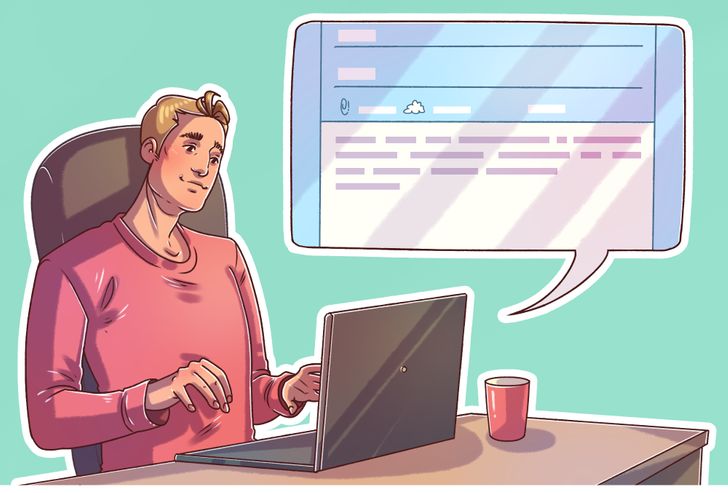
- The opening sentence. This is an essential part of any letter, and even more so if what you’re writing is a cover letter. To show that you are professional, you can start with the phrase: “Dear Mr. or Mrs.” The idea is to address the cover letter directly to the hiring manager, but if you can’t find their name you can say, “Dear hiring manager.”
- Reason for sending the letter. In this part, you can mention the particular job offer you are applying for. Make sure to let the company know if you found out about the job through an advertisement you ran into or if someone referred you to the company.
- Summary of your profile. The important thing is to not just rewrite your CV in the form of a letter. Both the letter and the CV should work together to give the HR team a fairly precise image of who you are and why you’re a good fit for the company. You can briefly state your name and field of expertise along with any accomplishments or experience that are relevant to the position for which you are applying.
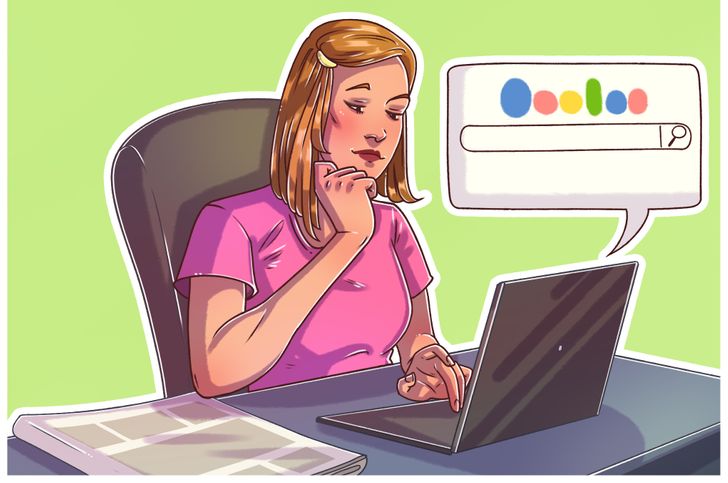
- Reference the company you want to work for. Explain why you would like to join the particular company or industry. Stay away from generalities and commonalities to really show that you have researched the position and are motivated to grow within the company.
- Show that you’re interested. Use a few words to catch the recruiter’s attention and make sure he or she is actually interested in calling you. This comes with the added benefit that you will appear to be a proactive person. For example: “I’d like to set up a meeting where I can further discuss my professional experience.”
- Closing. It’s always better to be considerate and polite in the closing of your cover letter, but also always make sure to close your letter in such a way that you make it clear that you’re at the disposal of the recruiter in case they want to call you in for an interview. For example: “Yours sincerely, (your name). I look forward to hearing from you, etc.”
- Personal information. Even if these are already mentioned in your CV, it’s always a good idea to mention them again in a summarized form somewhere in your letter. After all, the idea is to make sure it is easy for the recruiter to contact you.
Key insights to keep in mind
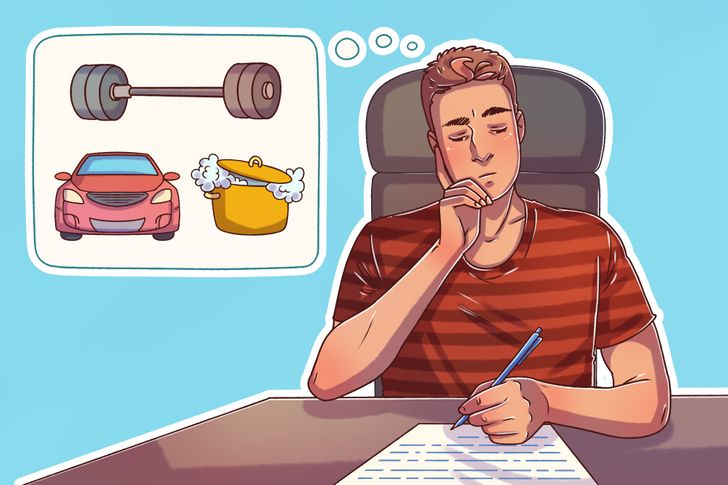
- A cover letter is a document where the candidate can describe his or her skills and experience in more detail than in the CV. It’s not meant to show everything you can do, but only what can be useful to the company. Choose 5-6 skills and specific expertise that the company is actually requiring for the position you’re applying to and relate them to your academic and work experience.
- Always keep in mind that recruiters are more interested in a candidate’s work experience than in his or her studies. Your cover letter is a good opportunity to share how your professional career has developed and why you’ve made certain decisions as well as what kind of impact those had in the companies you’ve worked for. You can show how it is relevant for the position you’re applying to. If you don’t have much experience, it’s better to just highlight the knowledge and skills you’ve acquired so far.
- The cover letter is the perfect place to provide the reasons you wish to change careers if that’s what you’re doing. If your previous job was very different from the one you’re applying to now, this is the perfect place to let the recruiter know why you would like to change to a new field of expertise and your reasons for doing so.
- In addition to knowledge and experience, recruiters are looking for a profile that is suitable for the job. This is when a cover letter can help you to highlight your good qualities and personality traits and the reasons why these could be suitable for the position.

- Before sending your letter, it would be ideal if you could talk to or chat with some of the company’s current employees to ask what they’re looking for and what it’s like to work there. You can use the LinkedIn platform and do some research about what the company is like in general and what your chances are of surprising the recruiter with your cover letter.
- For example, if the person who will be conducting your interview is a fan of a sport you play, you can take that as a starting point and mention it as a hobby to create familiarity with the interviewer. You can also gain key insights about some of the issues the company’s going through in order to help bring solutions to the table during your interview.
- You have to be original and creative, but also still pragmatic. Unlike your CV, a cover letter gives you more freedom to express yourself. Therefore, you have to be careful in the way you write, as it should reflect your personality, but make sure to stay real and talk about specific actions, ideas, or skills.
- Keep in mind that the letter should be as concise as possible: you know the popular saying “less is more”? It applies here as well. Some experts recommend that it should only have 3 simple paragraphs so that it can be read quickly. After all, recruiters have to read several cover letters every day... Let’s try to make their job easier.
- If you’re sending a digital cover letter, always take into account the conditions of the attached files. They must have updated data and be correctly presented at the time you are sending the letter. It is also a good idea to let a few days go by and re-read what you’ve written: this is a good way to find spelling mistakes that may have been overlooked when you last wrote it. This is especially true if you’re applying for a position that requires you to have good grammar and spelling skills.
Mistakes to avoid
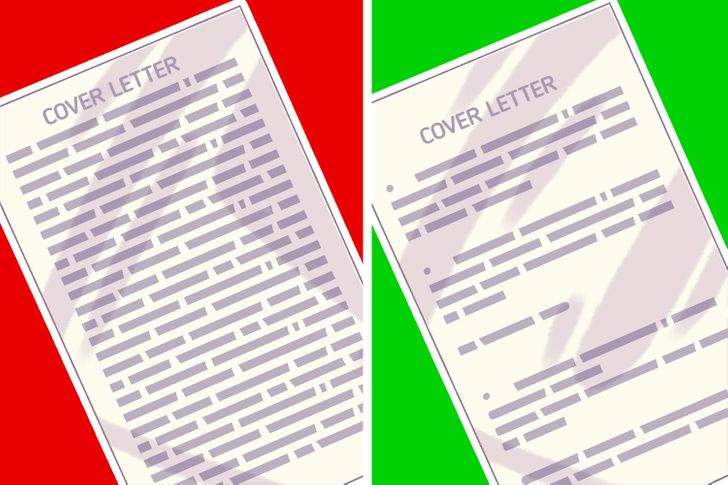
- Making the letter too long: Recruiters receive a large number of applications every day. A letter that is too long or that’s not original in terms of layout will not give you an advantage, especially if you’re competing against many other applicants. Most likely your letter will only be skimmed through, so write it with that in mind to make sure the most important parts are easy to find in the text.
- Not addressing it to the right person: Your cover letter should be personalized for the company you are applying to, and if you know the name of the recruiter, it should be addressed to him or her or even to the person who will be conducting the interview. This shows you took the time to find out who’s working in the process.
- Not mentioning your professional achievements: To be an outstanding candidate for an employer, you should talk about at least one major achievement you have made in your professional career. If you are a recent graduate and do not yet have any work experience, you can refer to some of your outstanding academic work.
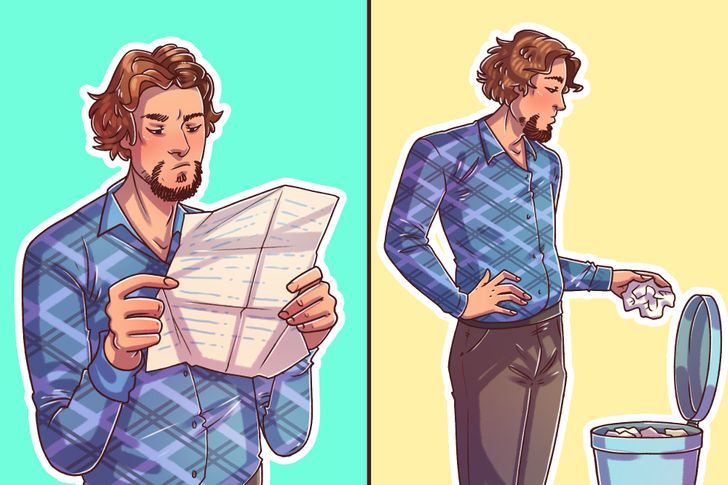
- Using an old cover letter: If you have written a cover letter for another job in the past and it didn’t help, delete it and start over. Start with a blank sheet of paper and change the way you write. Try to make your words reflect your enthusiasm so that the person receiving it will be interested in reading it. Remember that you can’t just send a generic letter. Those can easily be spotted by recruiters as they read several of those every day. You have to show that you wrote it specifically for the job in question.
- Failing to show you’re skilled at problem-solving: It is important to prove that you are capable of solving problems and urgent issues related to the company you want to work for. That is why it is advisable to make your cover letter more personal.
- Starting the letter with a boring sentence: You should try from the beginning to capture the attention of the person who will read your letter, so be creative but also never lose the formal tone and politeness required for any job application.
Share This Article